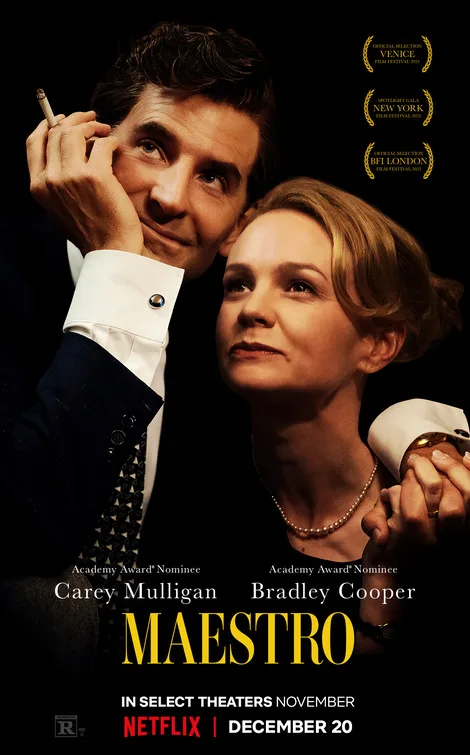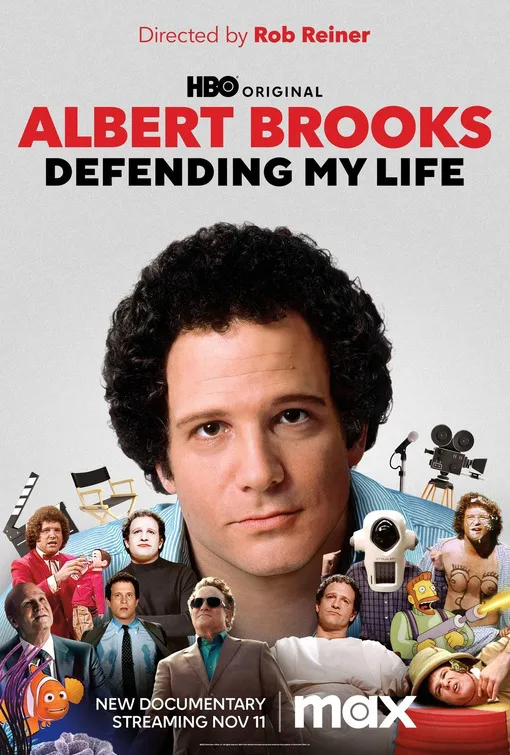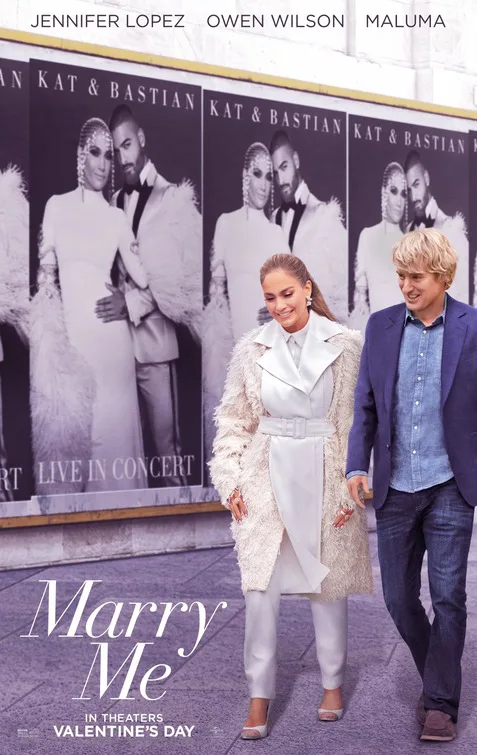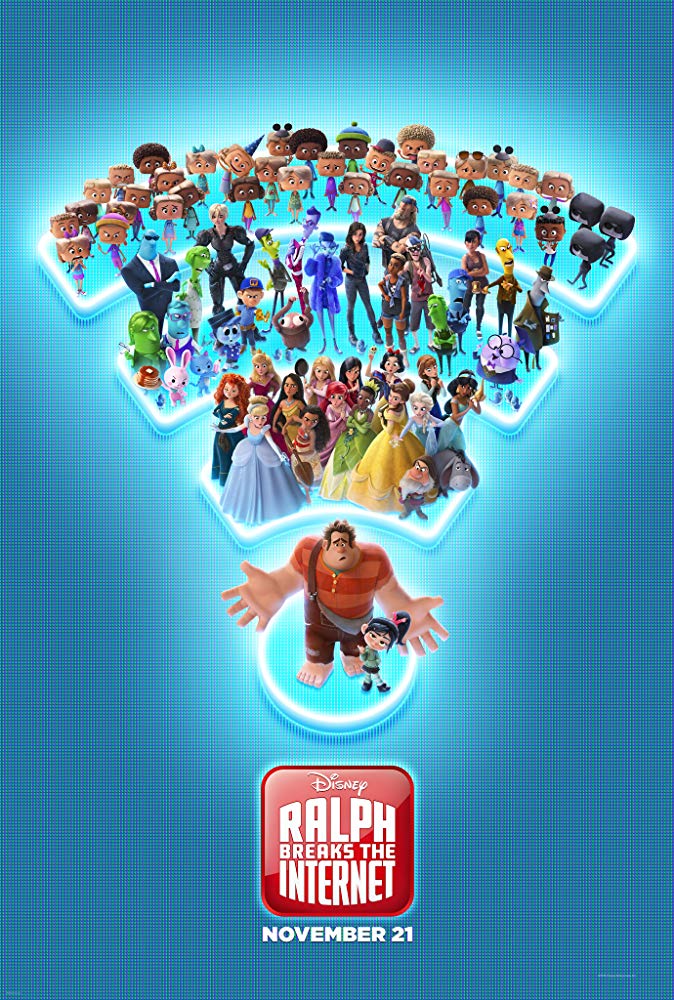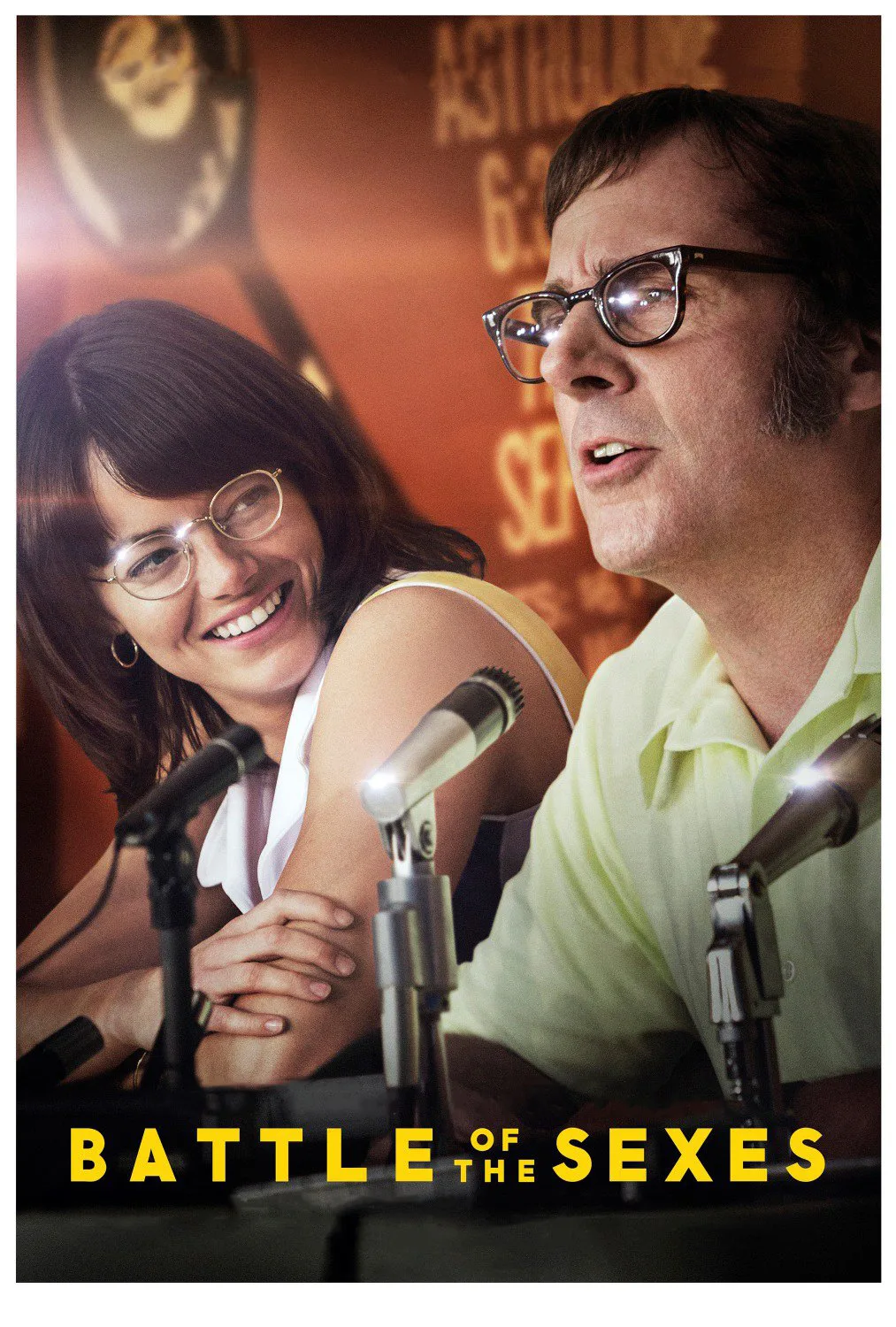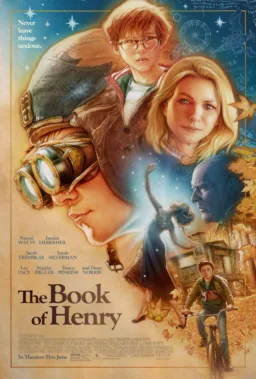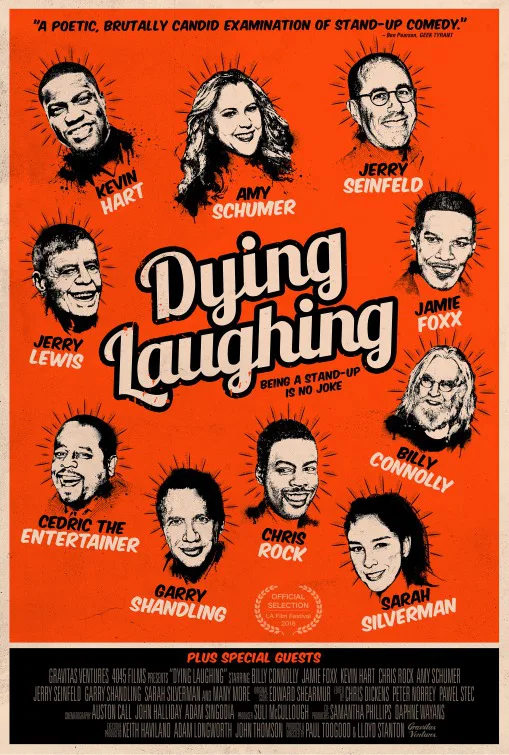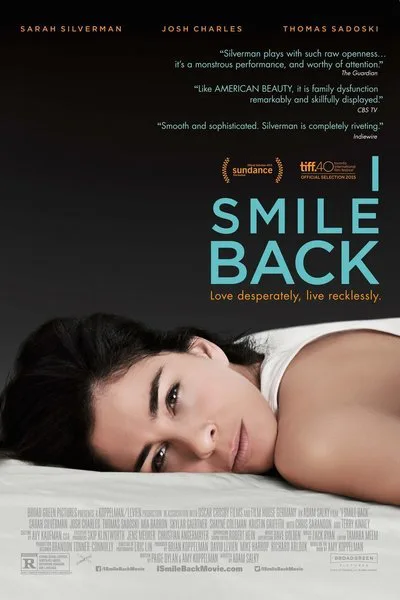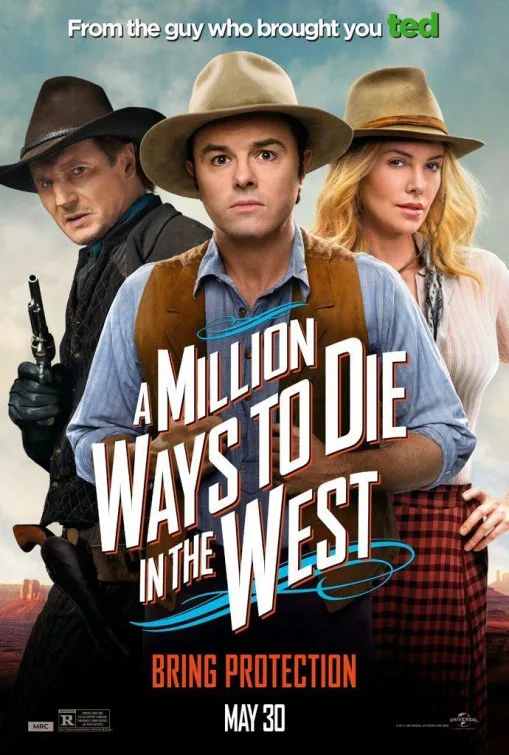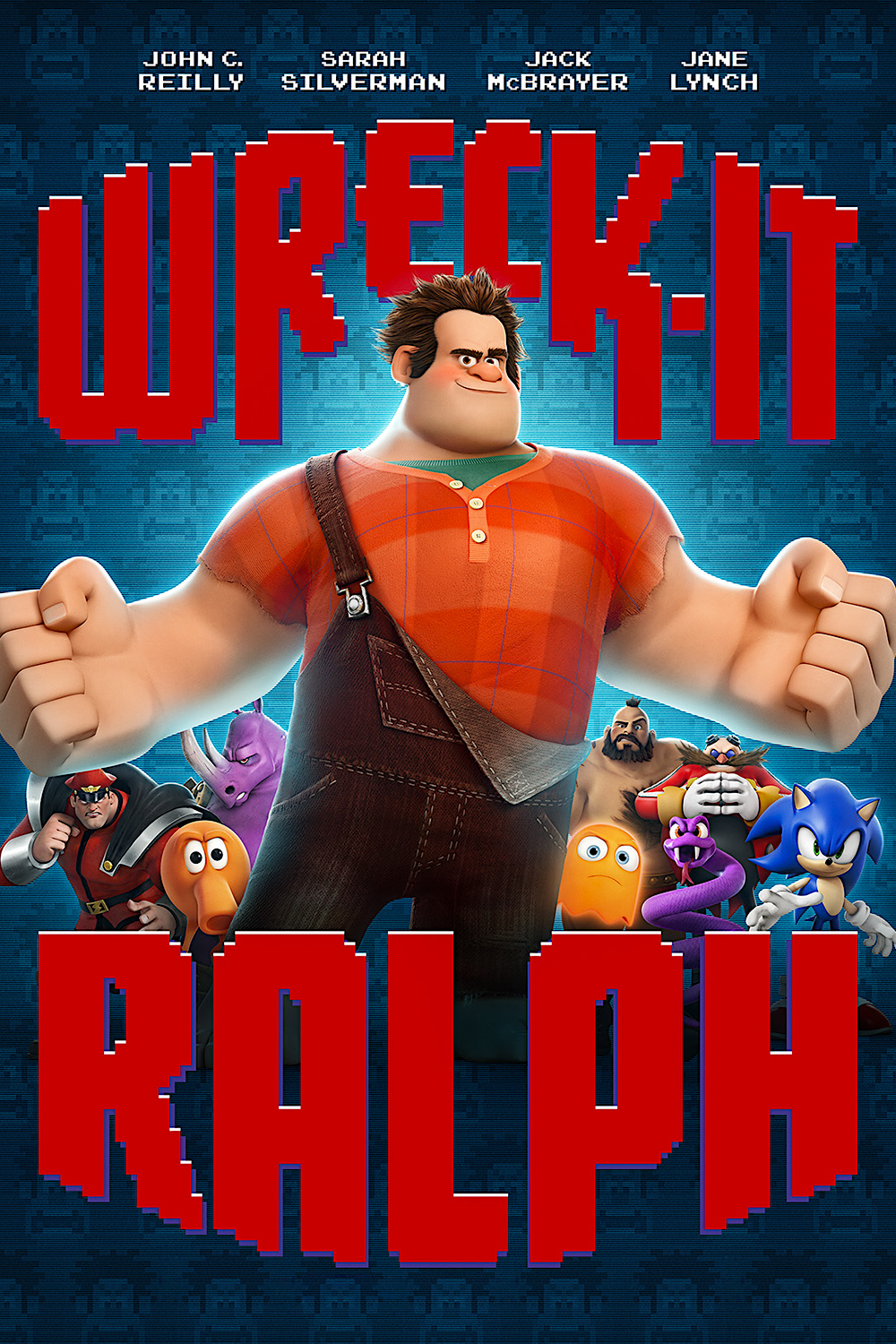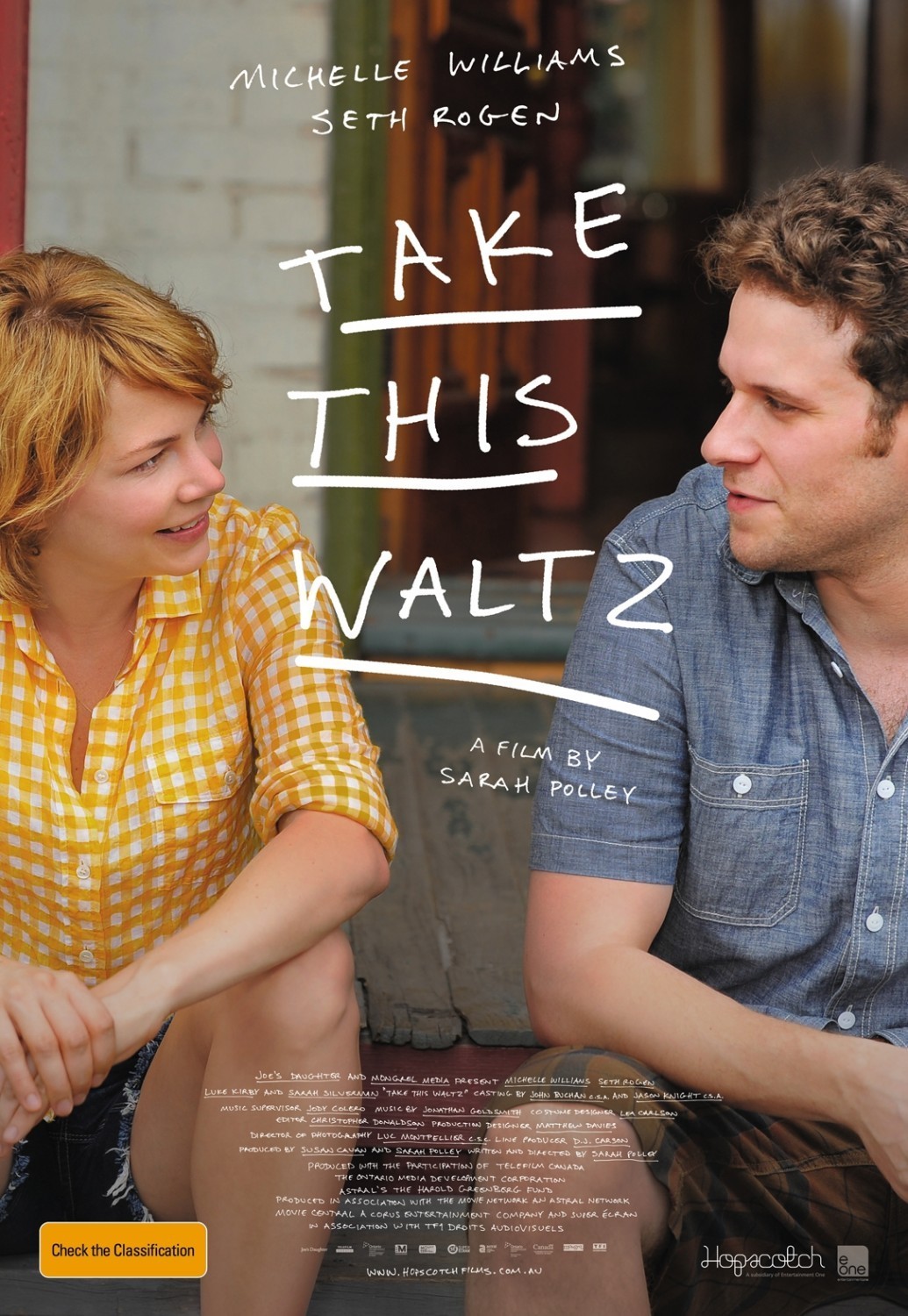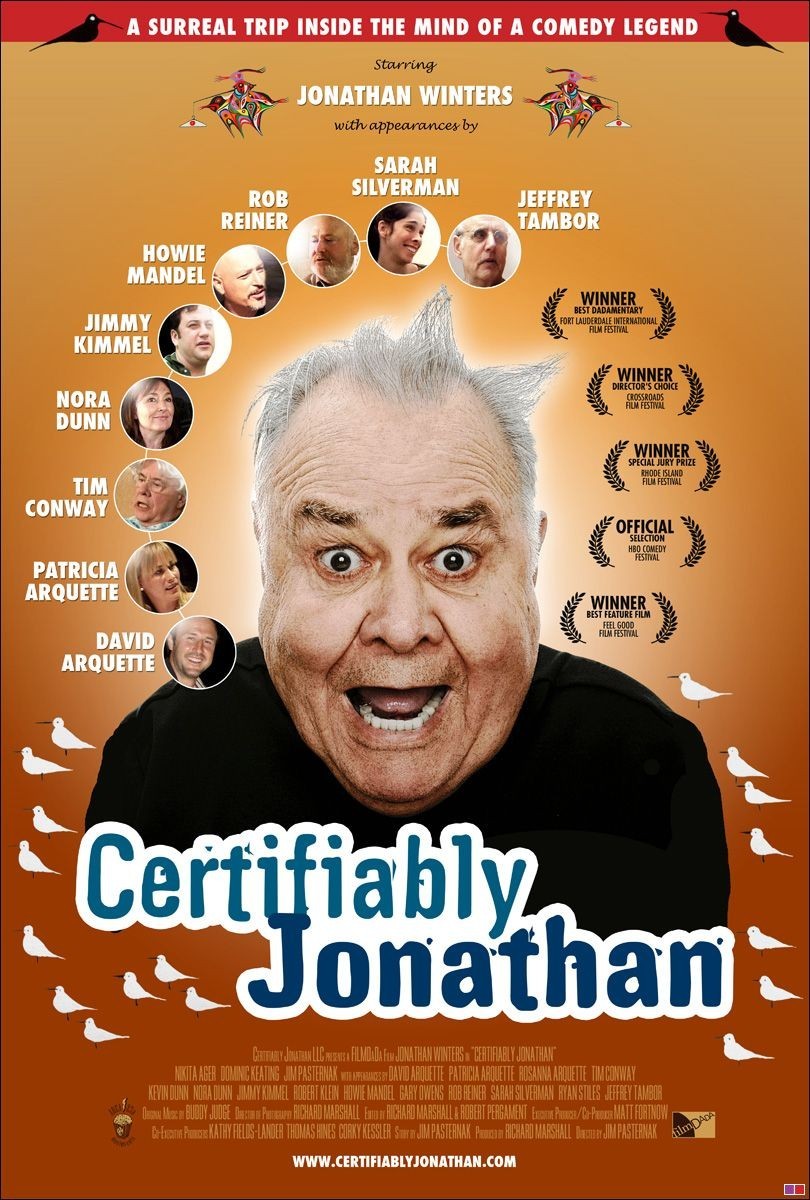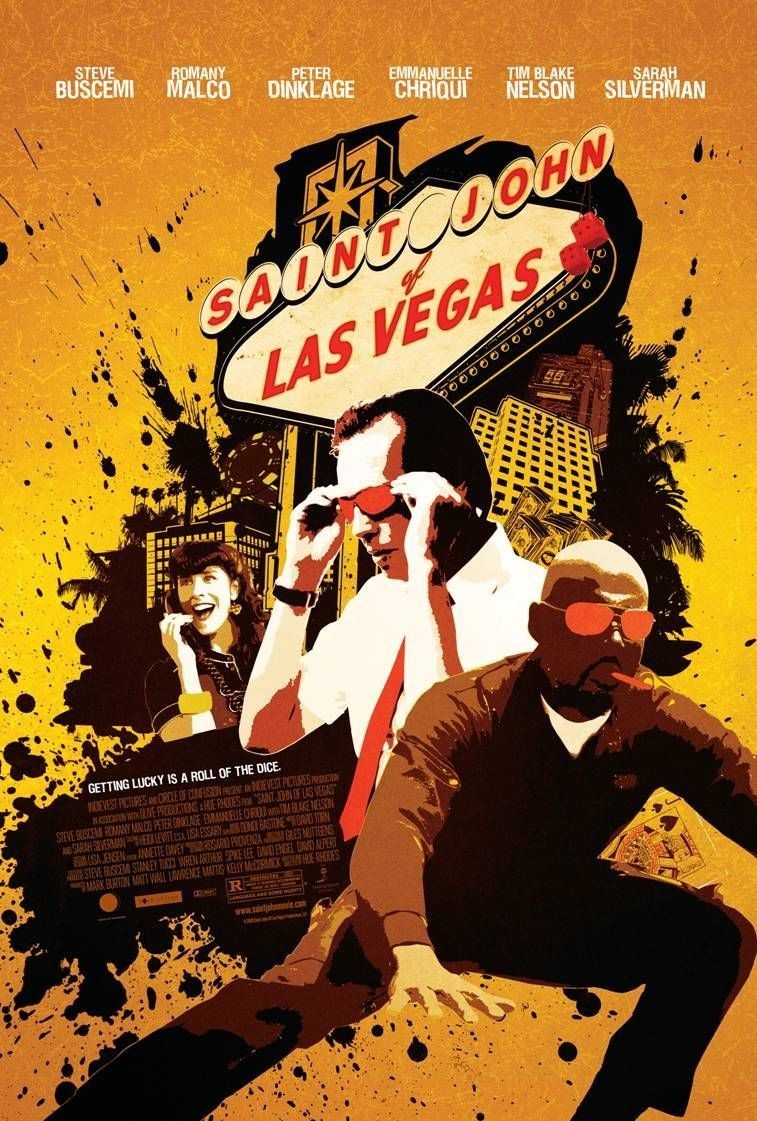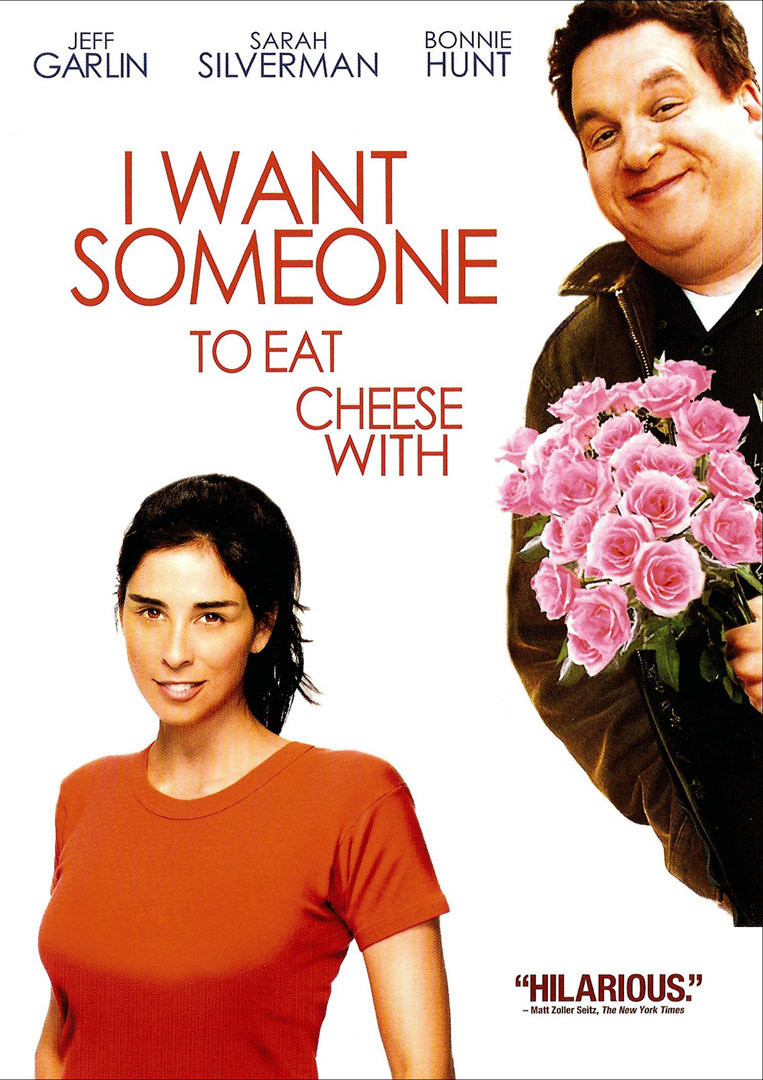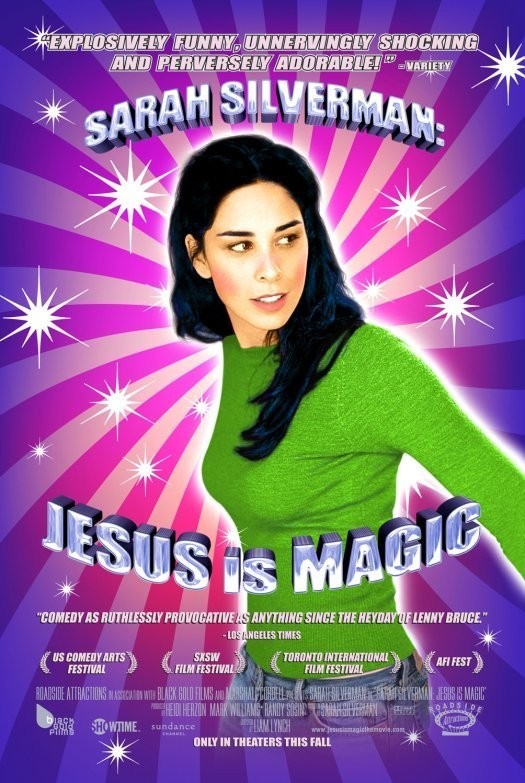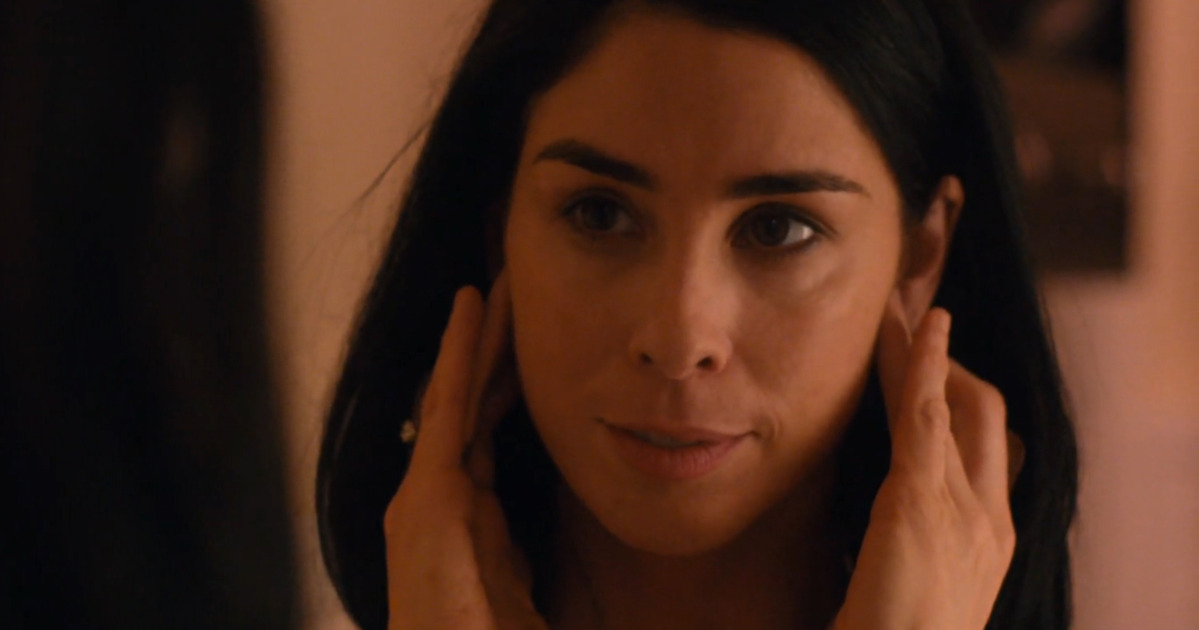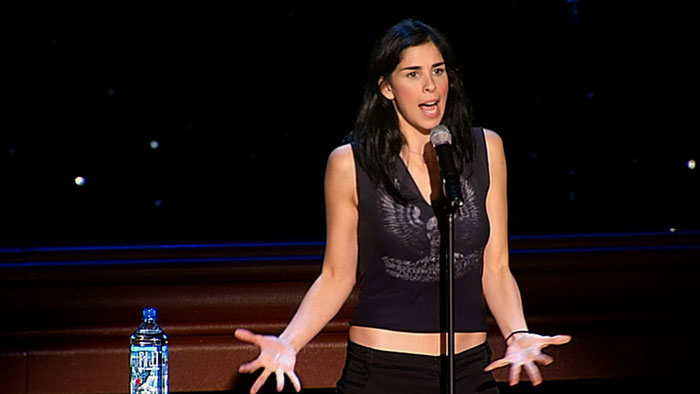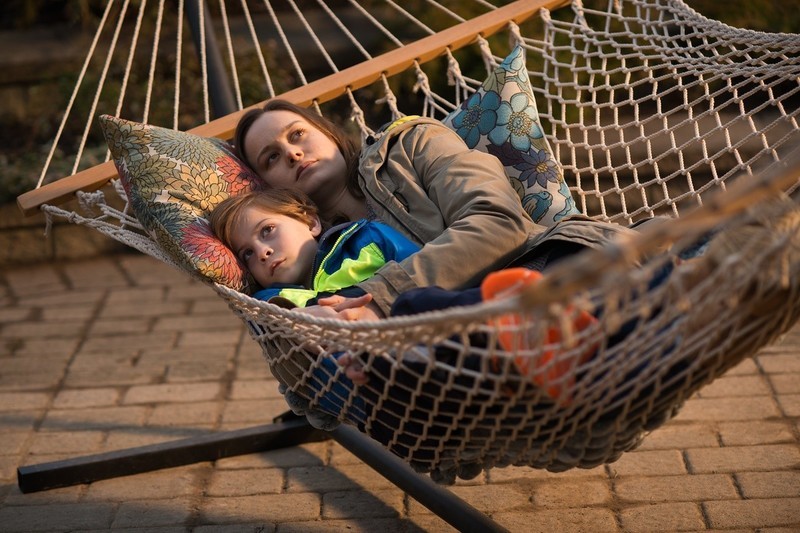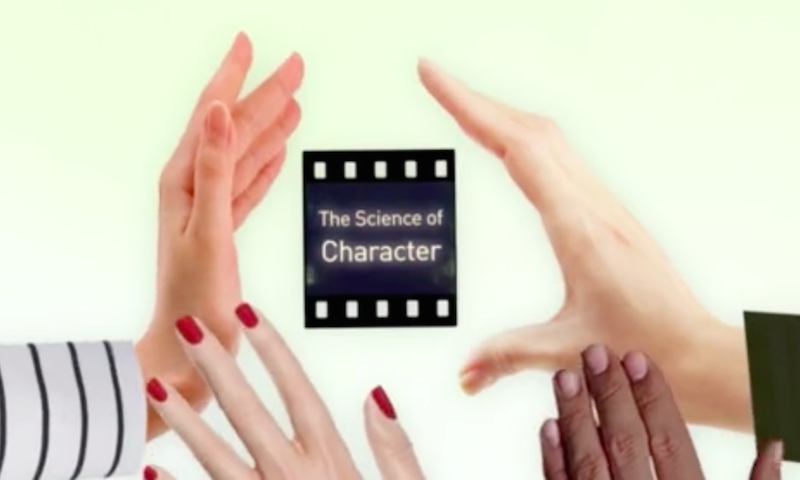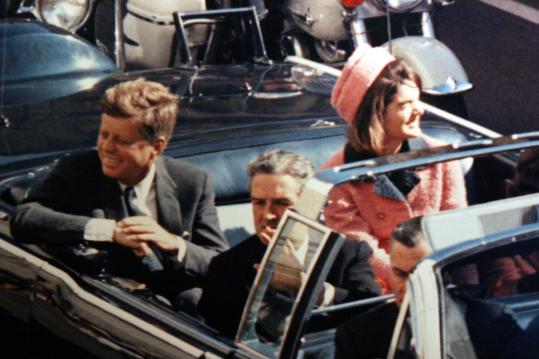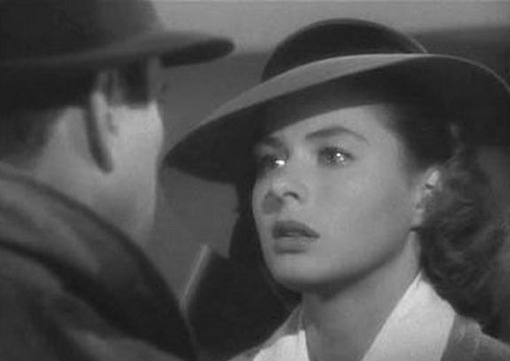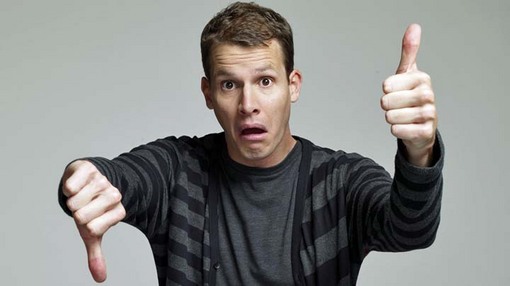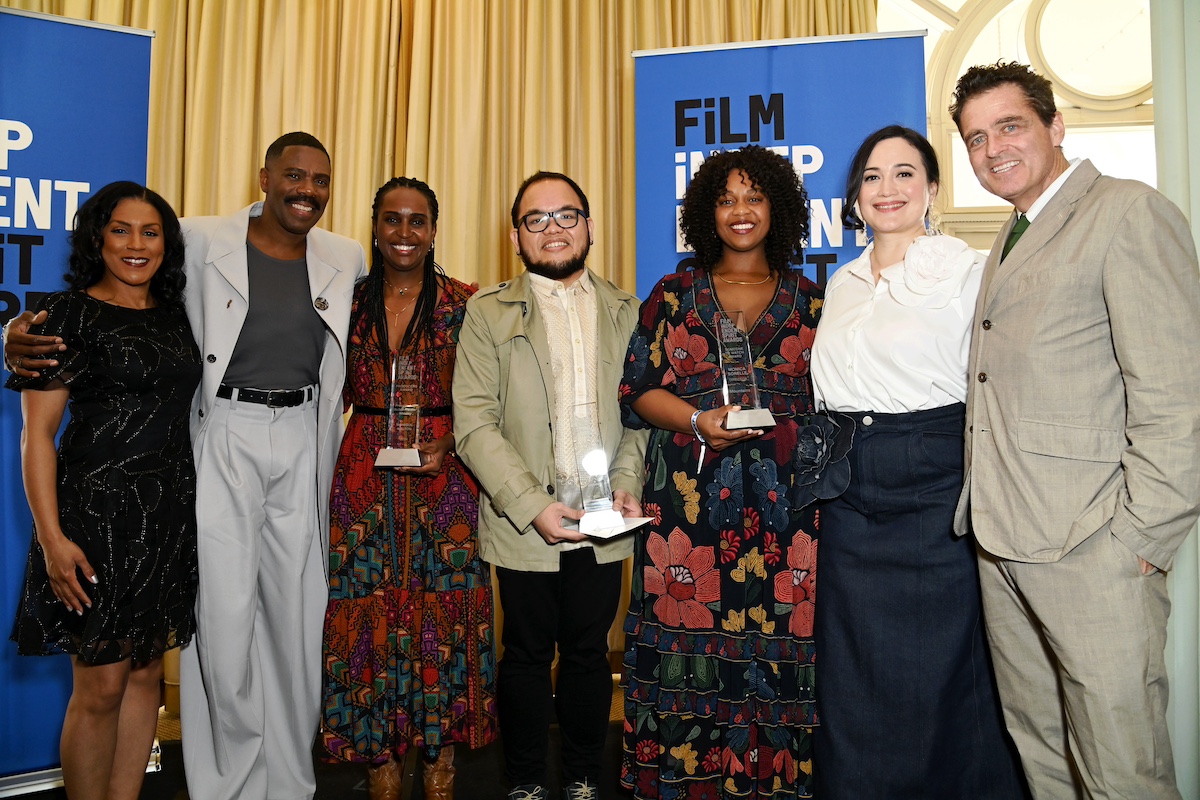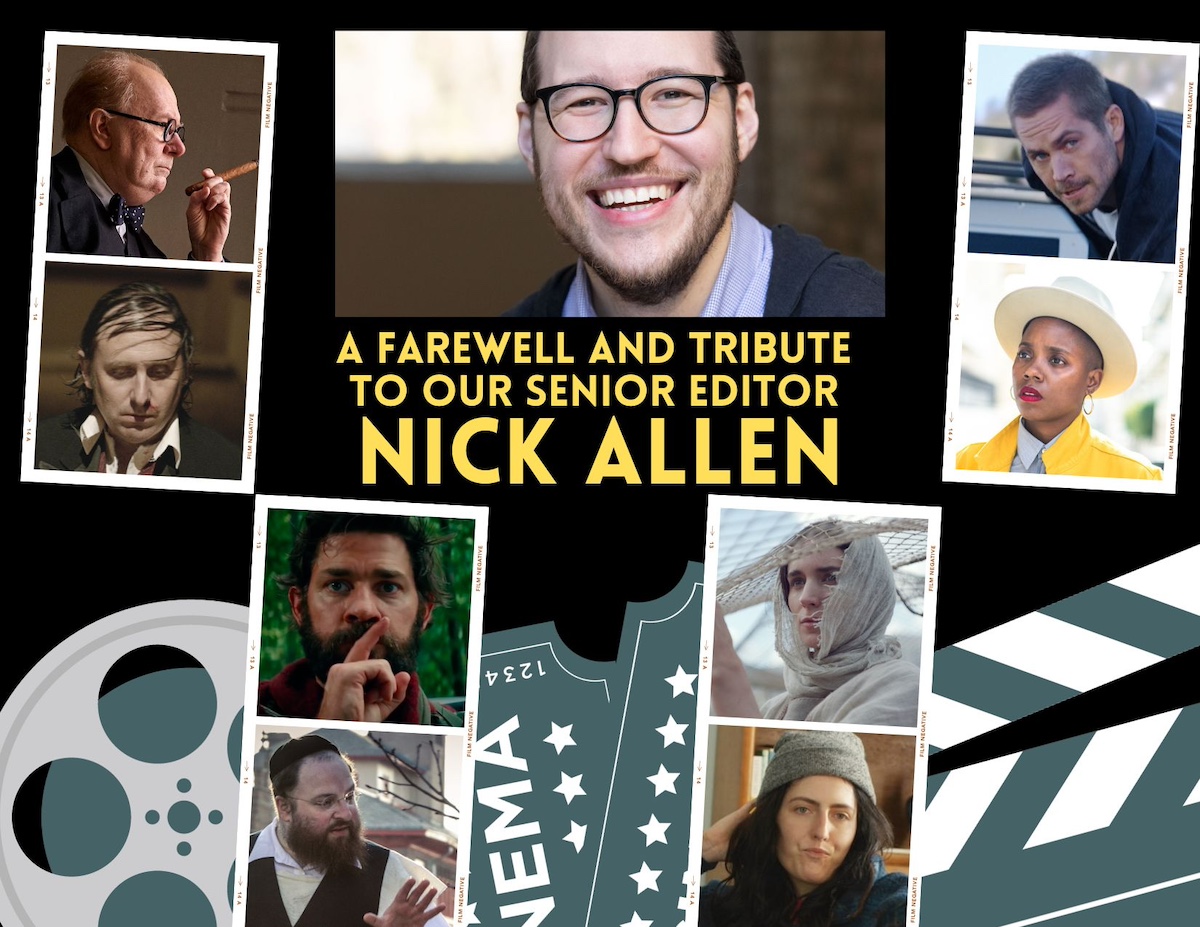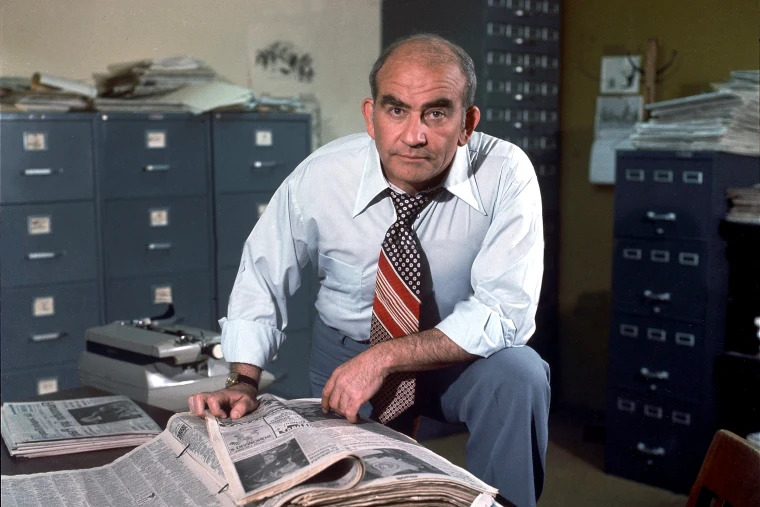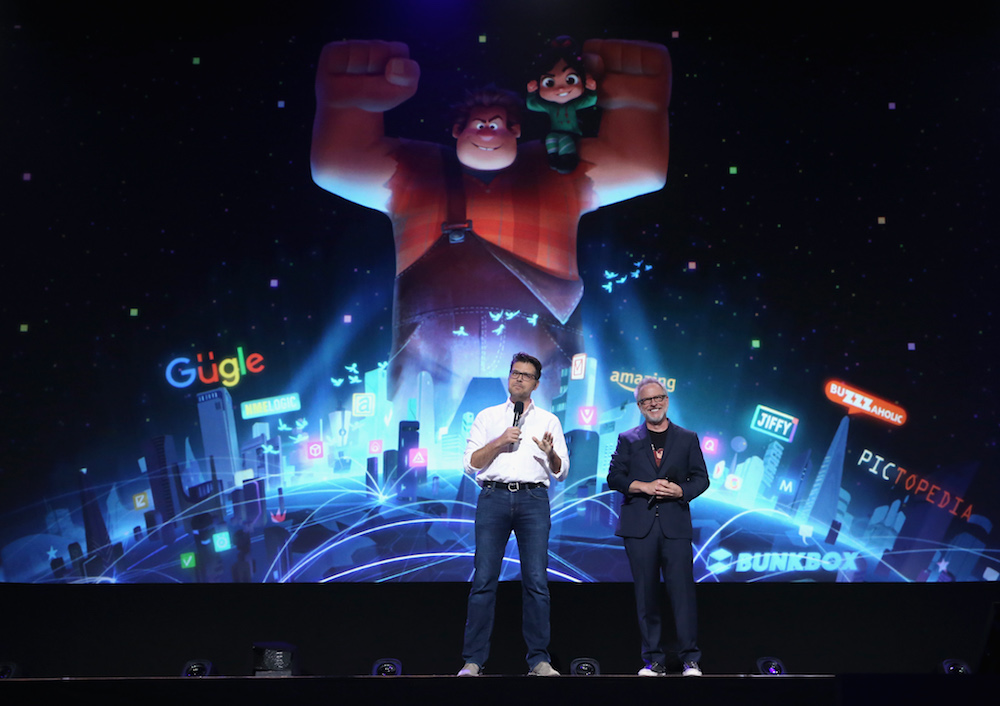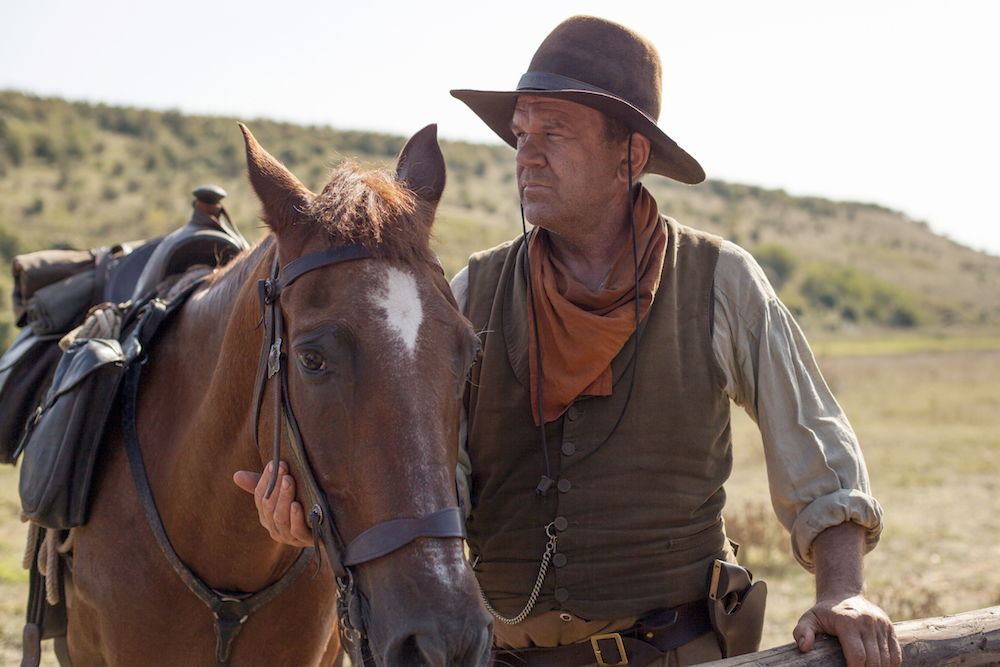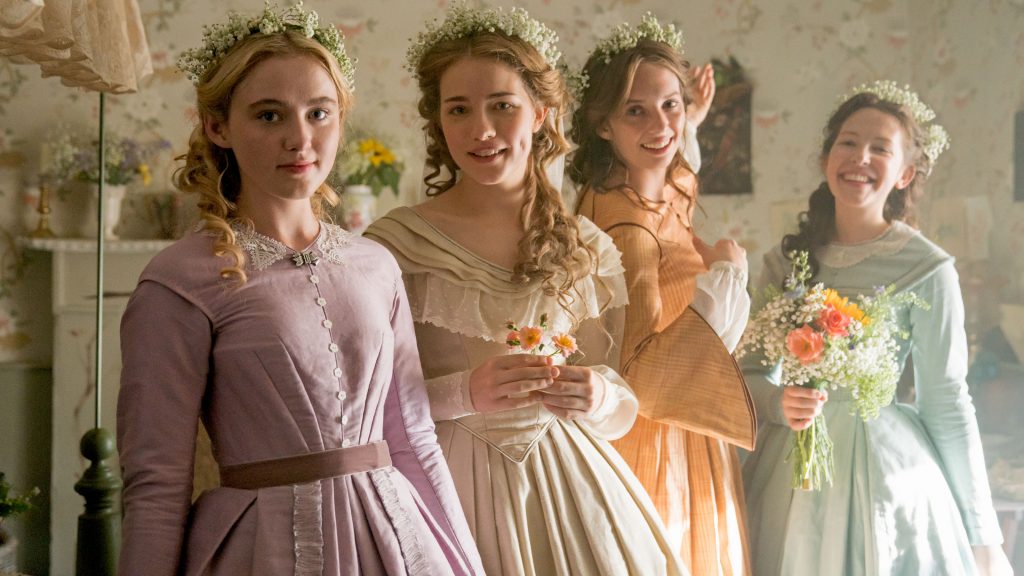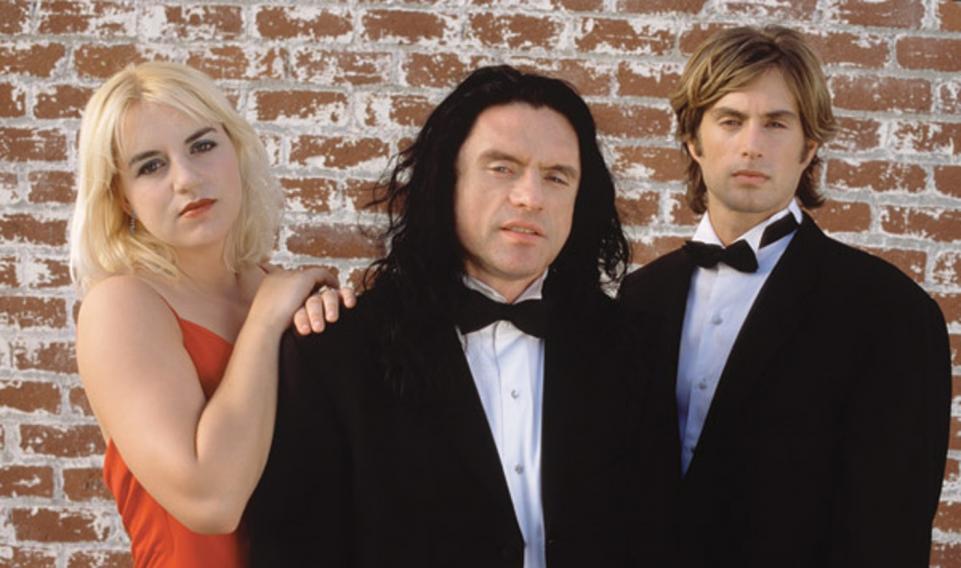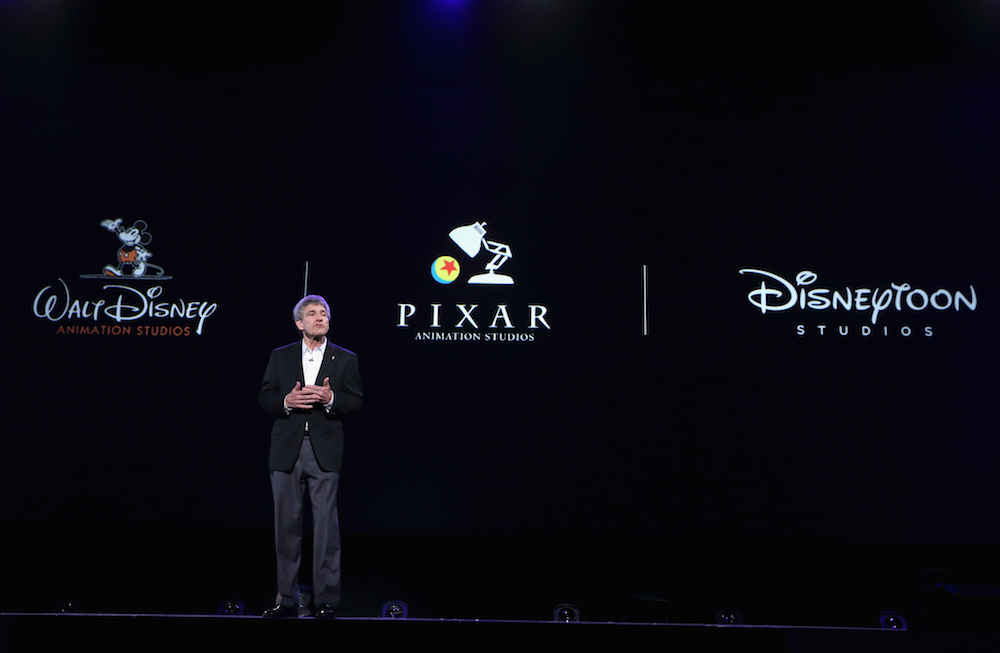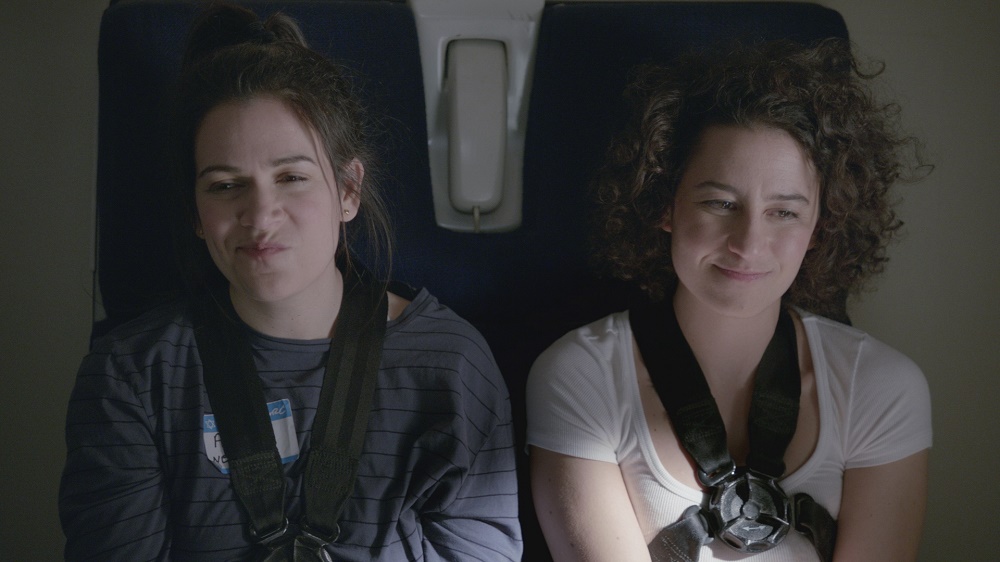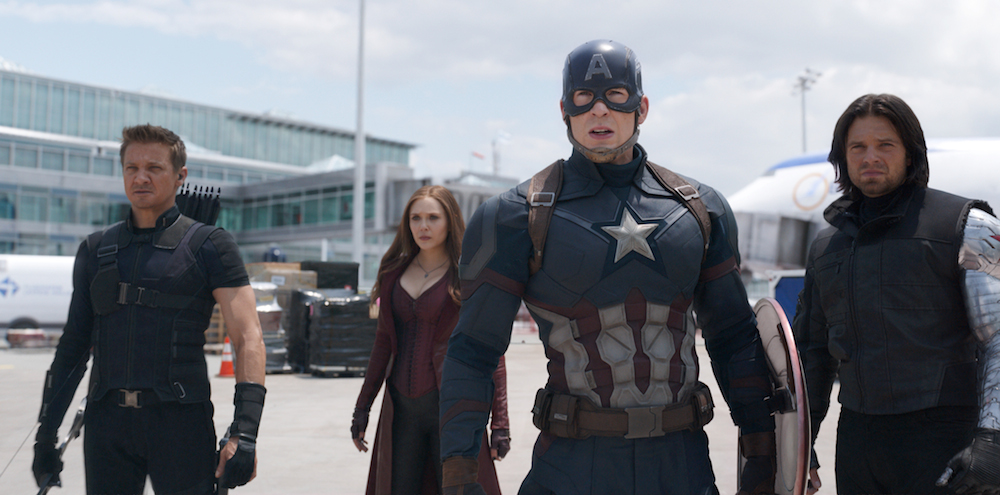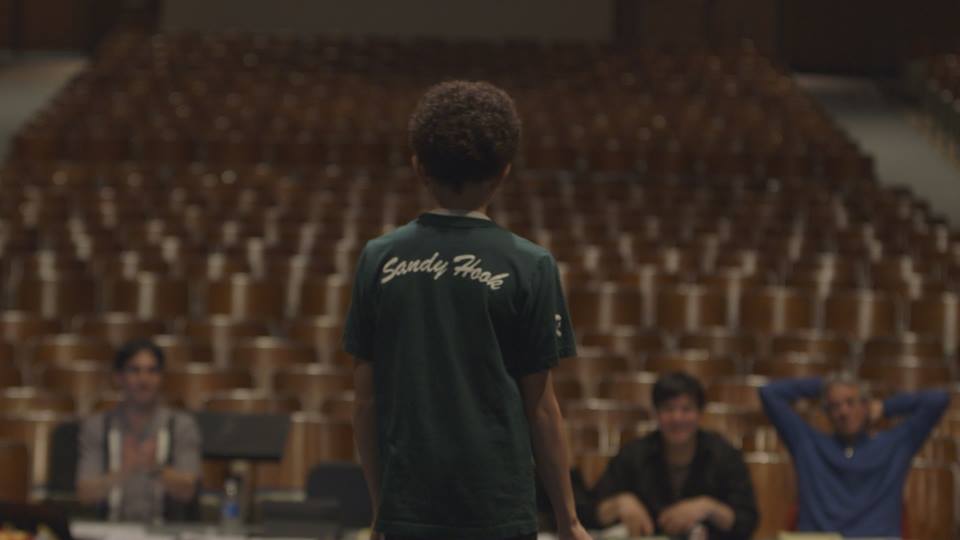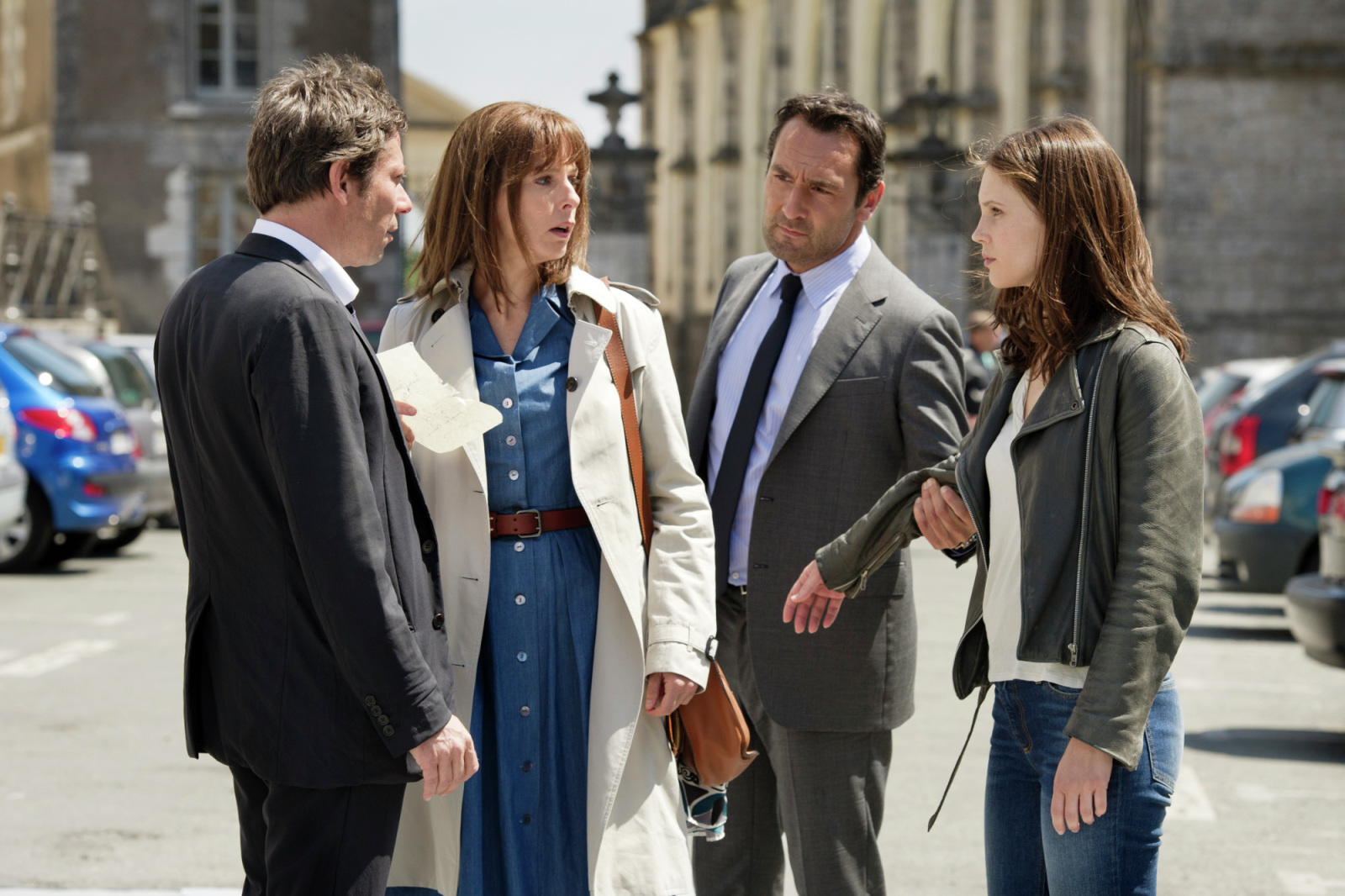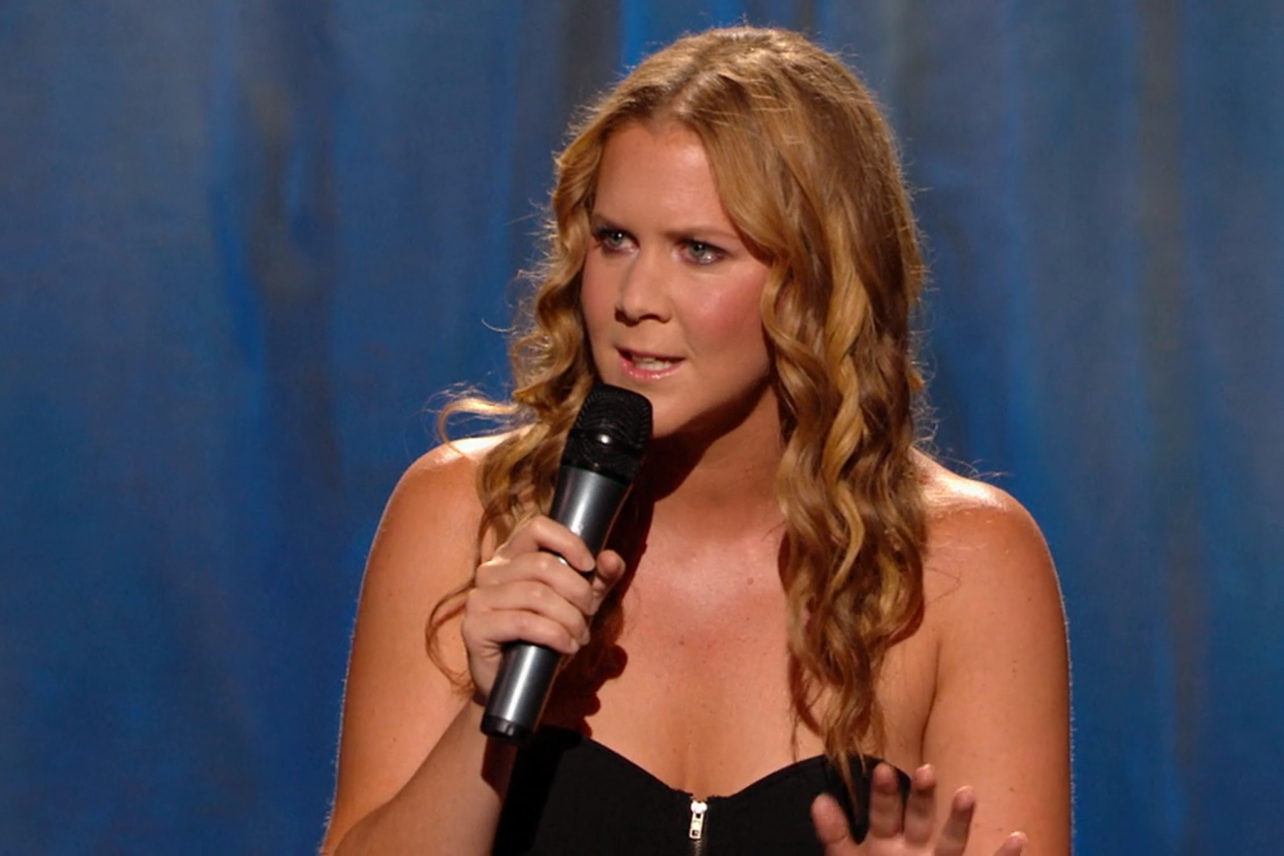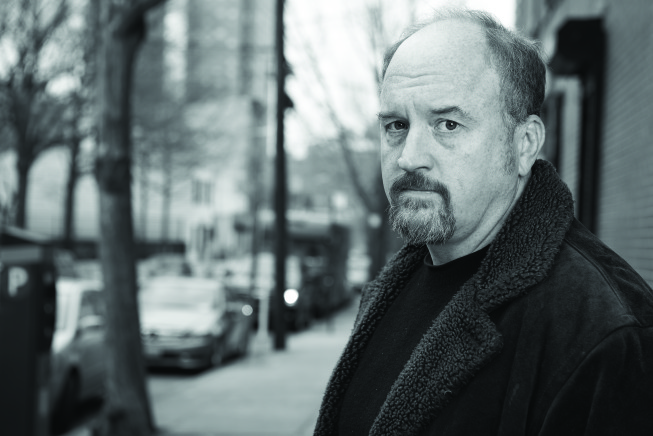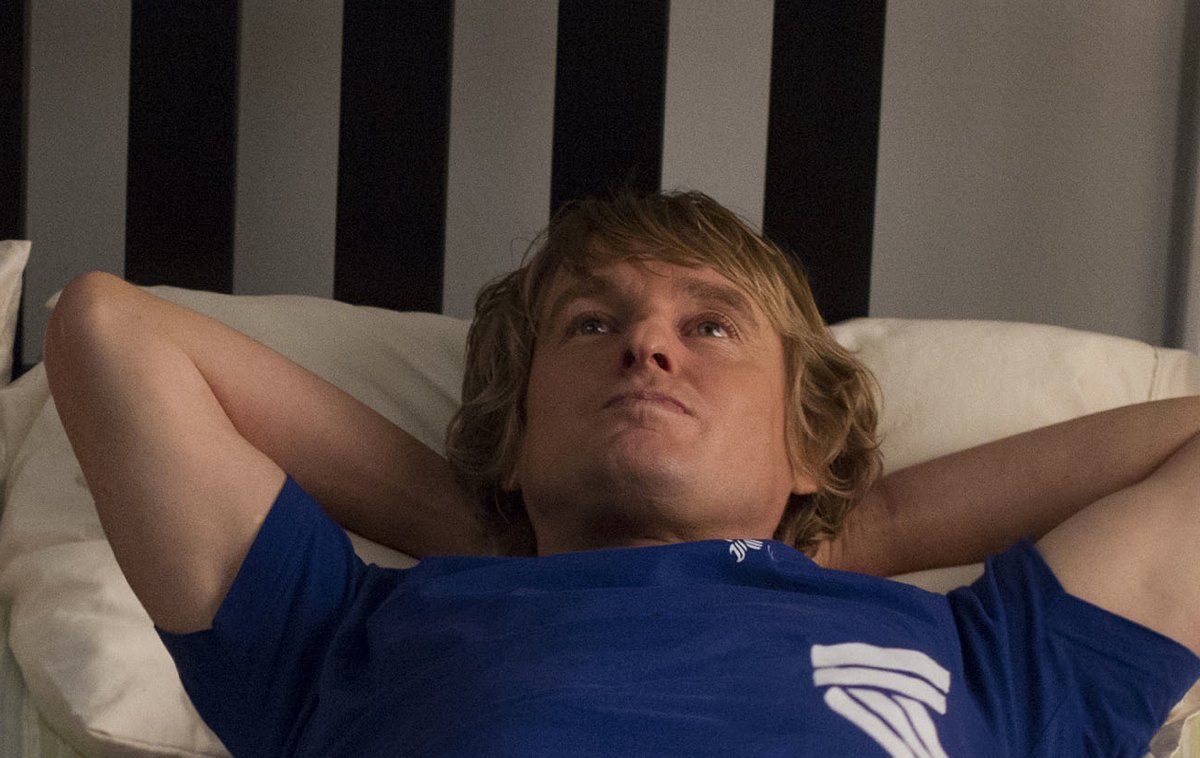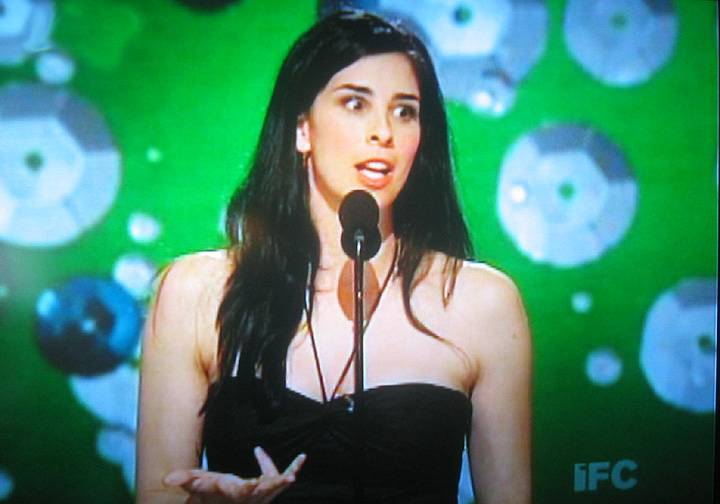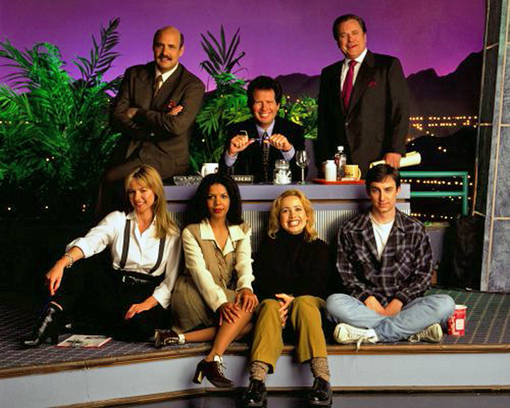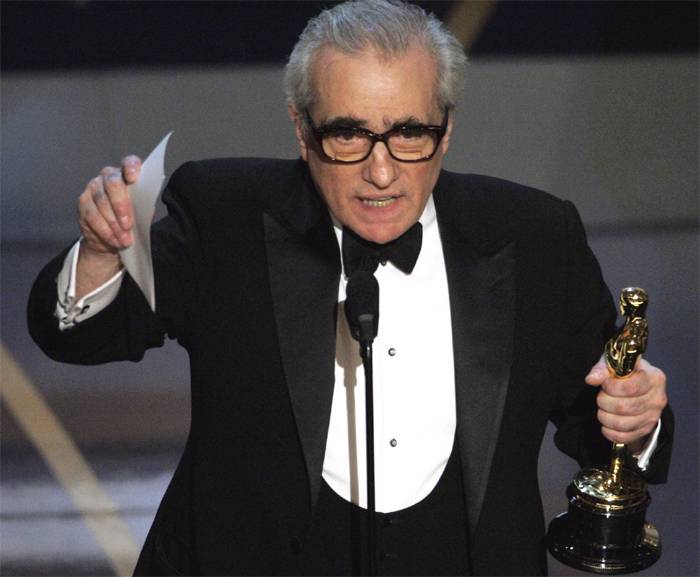Sarah Silverman Movie Reviews
Blog Posts That Mention Sarah Silverman
How to Disappear Completely: Sarah Silverman on “I Smile Back”
Nick Allen
Can Sarah Silverman say that?
Jim Emerson
Sarah Silverman: Sell the Vatican, feed the world
Jim Emerson
Sarah Silverman is a genius (still)
Jim Emerson
Sarah Silverman, critics & the new PC
Jim Emerson
The RogerEbert.com Interviews of 2015
The Editors
Thumbnails 9/17/15
Matt Fagerholm
Thumbnails 11/22/2013
The Editors
Sensitivity training: the fallacy of feelings
Jim Emerson
What is a “rape joke,” anyway?
Jim Emerson
“I’m F***ing Matt Damon”: A critical analysis
Jim Emerson
Spirit Awards 2024: A Platform for Essential Independent Films
Chaz Ebert
A Farewell and Tribute to Our Senior Editor, Nick Allen
The Editors
Constructively Curmudgeonly: Ed Asner 1929-2021
Nell Minow
Nomadland, I May Destroy You Take Top Honors at 2021 Film Independent Spirit Awards
The Editors
Phil Johnston and Rich Moore on Ralph Breaks the Internet and Reuniting the Disney Princesses
Nell Minow
A Labor of Love: John C. Reilly on The Sisters Brothers
Nick Allen
PBS Press Tour Spotlights Little Women
Jana Monji
“The Room” at Midnight: The Complicated Politics of Irony
Siddhant Adlakha
Disney Legends, “Wreck-It Ralph 2,” “Coco” and More at D23 Expo 2017
Jana Monji
Women Overtake the Frat House: How Female Comedians Have Redefined Comedy Central
Craig D. Lindsey
2016 Summer Movie Preview: A Four-Month, Blockbuster Festival, Part II
Nick Allen
Tribeca 2016: “Midsummer in Newtown,” “The Last Laugh” & “My Scientology Movie”
Sheila O'Malley
Thumbnails 4/12/16
Matt Fagerholm
TIFF 2015: “Families,” “I Smile Back”
Sam Fragoso
2015 Fall Movie Preview
Nick Allen
HFPA Annual Grants Banquet Set for August 13th
Matt Fagerholm
Beautiful Funny Women Aren’t Impossible To Find. They’re Impossible To Miss
Scott Jordan Harris
FX’s “Louie” Returns Just As Funny, Smart As Ever
Brian Tallerico
The Melancholy Hero: On the Acting of Owen Wilson
Sheila O'Malley
Indie Spirit Awards pitch a big tent
Roger Ebert
Give me irony or give me offense!
Jim Emerson
Waltzing with the in-between
Grace Wang
Larry Sanders: Changing television and changing lives
Edward Copeland
Parrot asks, “What’d the frozen turkey want?”
Roger Ebert
Watching the Oscars with Ebert
Roger Ebert
Popular Reviews

The best movie reviews, in your inbox
